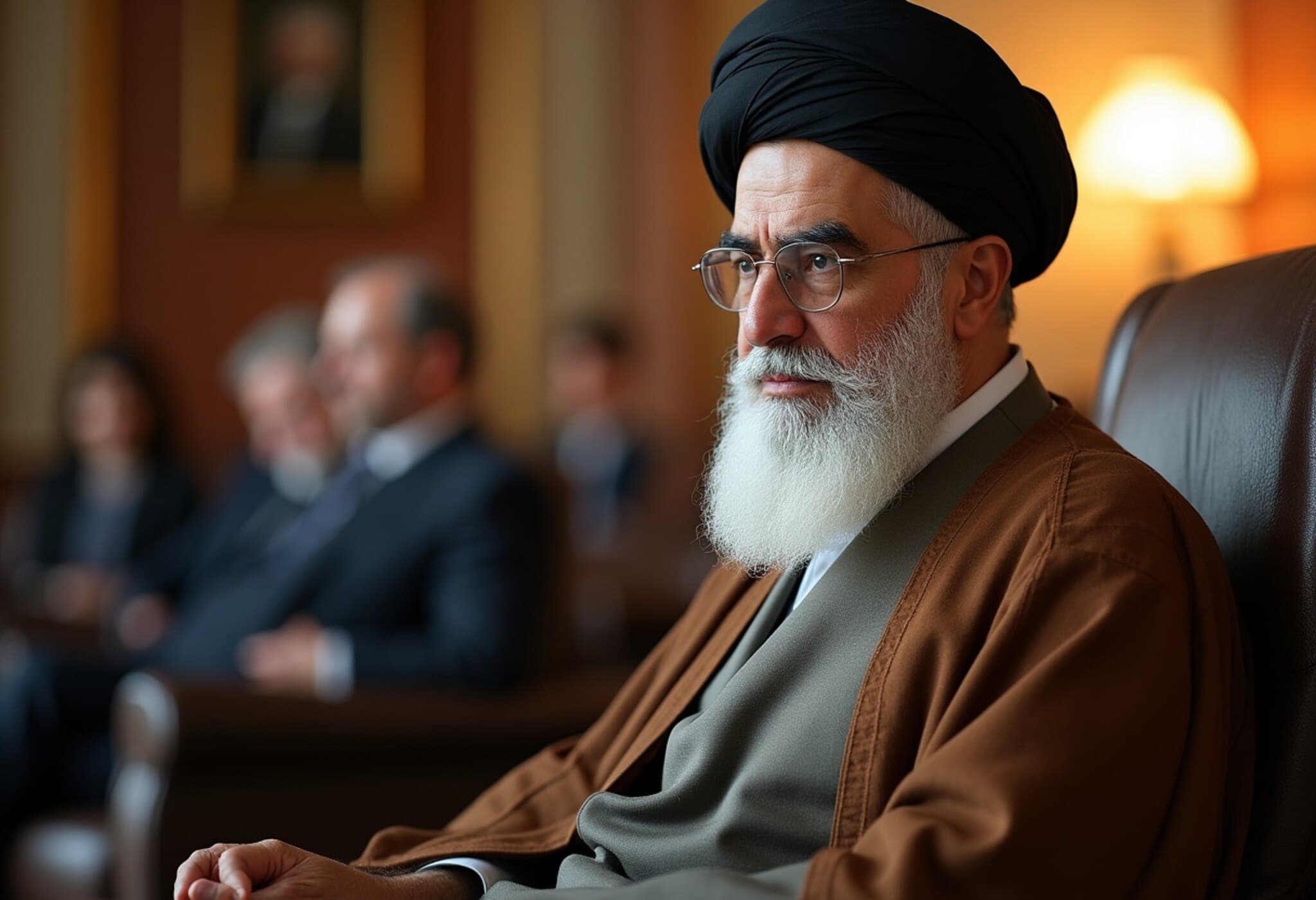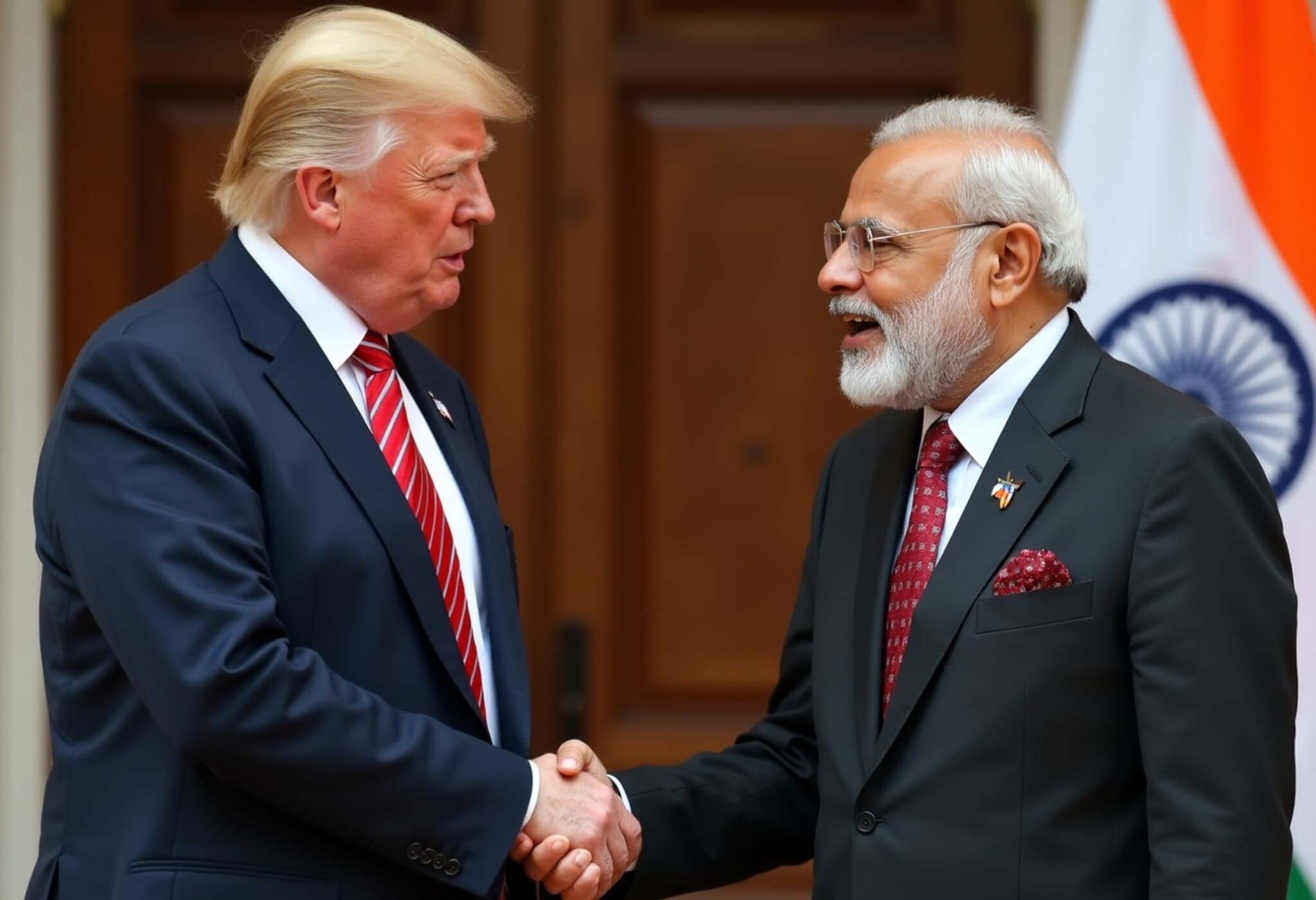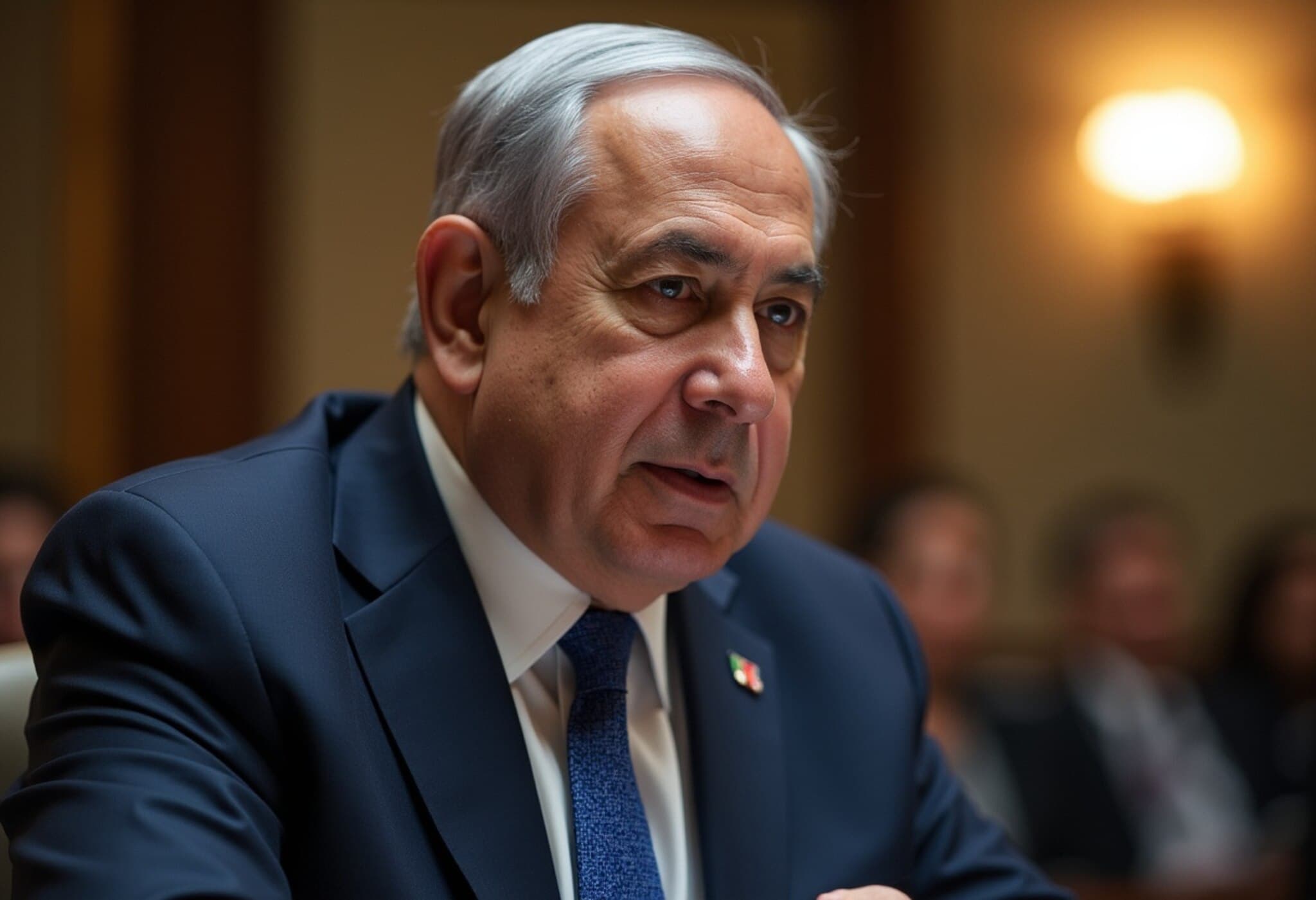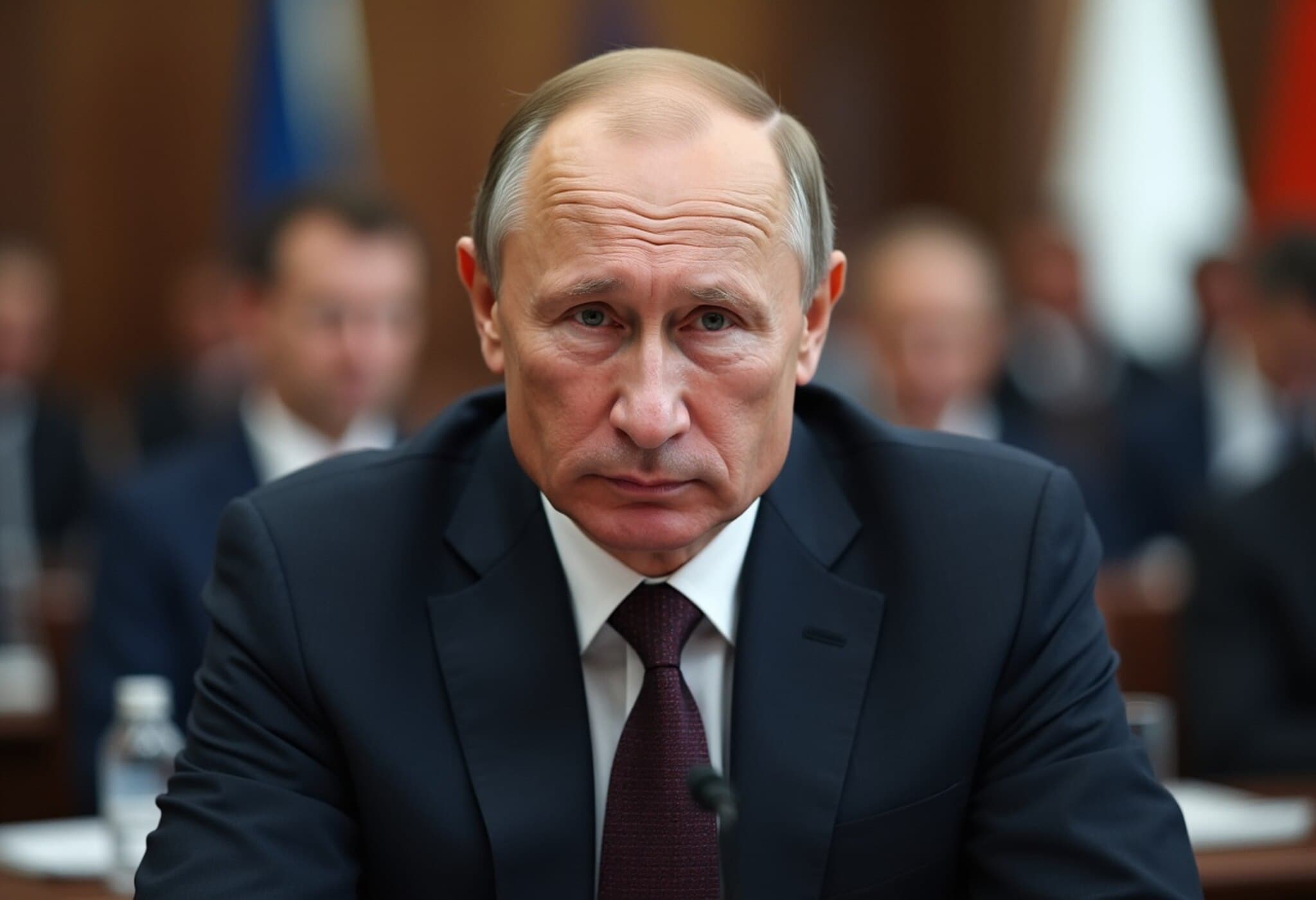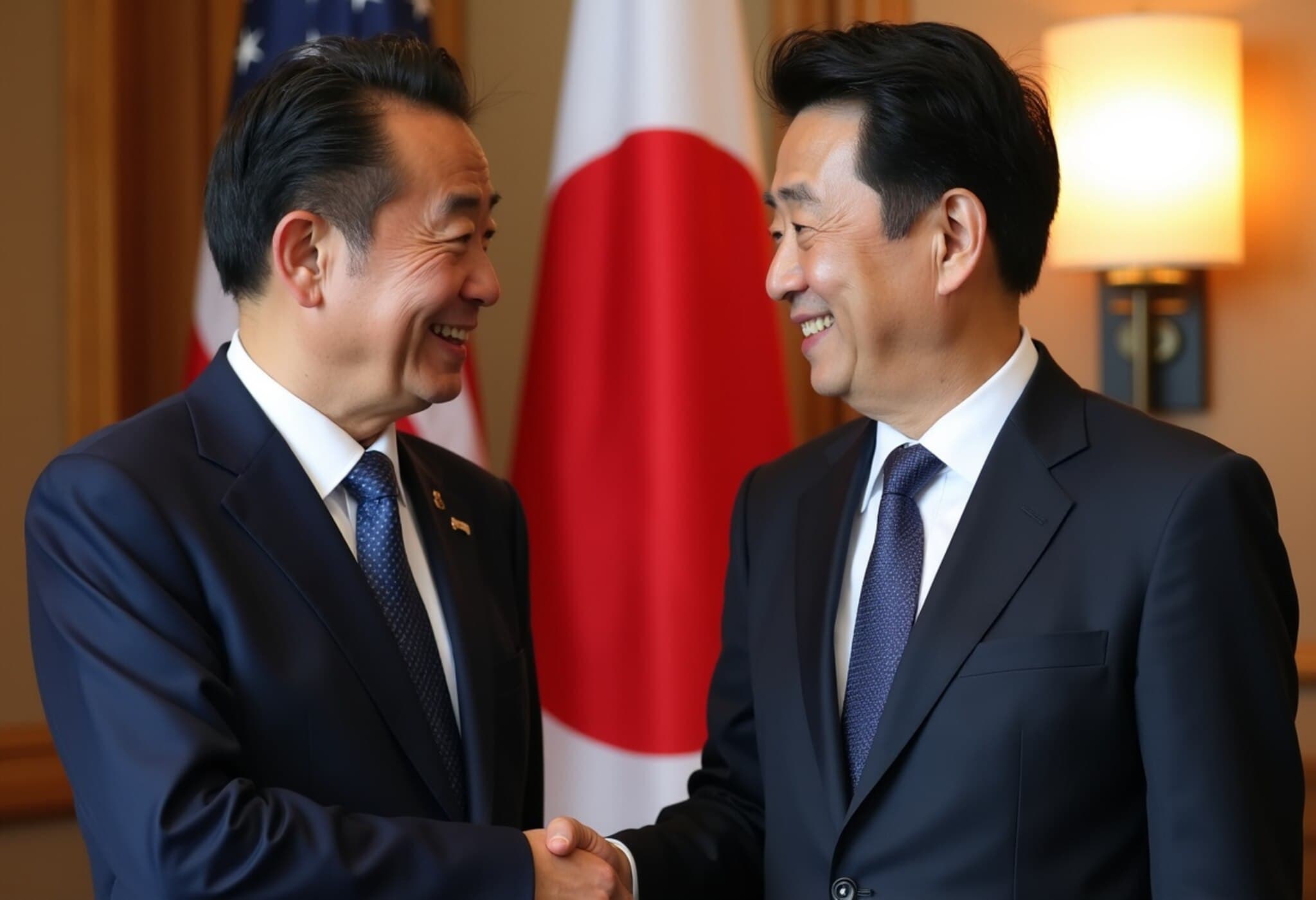Budapest Police Ban Pride March Amid Controversial Law
Hungarian police have officially banned the annual Pride march scheduled for June 28 in Budapest, citing recent legislation that prohibits promoting same-sex relationships to individuals under 18 years old. Despite this, Budapest’s liberal Mayor Gergely Karacsony has declared the event will proceed as planned.
Mayor Defies Police, Calls March a City Event
Mayor Karacsony firmly dismissed the police ban, stating that the march does not require official authorization as it is organized by the city council itself. He emphasized this stance on social media, affirming, “Budapest city hall will organize the Budapest Pride march on June 28 as a city event. Period.”
Background: Hungary’s Anti-LGBTQ Measures
Since Prime Minister Viktor Orban returned to power in 2010, Hungary has implemented a series of laws widely criticized for restricting LGBTQ+ rights under the guise of protecting children. One such statute, enacted in 2021, bans the “display or promotion of homosexuality” to minors.
In March, the Hungarian parliament passed further legislation allowing authorities to prohibit any public gatherings violating this anti-LGBTQ law. The recent police ban references this legal framework to justify preventing the Pride march.
Legal Dispute Over the March’s Status
The police stated the assembly cannot be held without the presence of LGBTQ+ participants and that minors may be along the route, making it impossible to ensure the event complies with the under-18 promotion ban. They noted any appeal must be filed within three days at Hungary’s supreme court.
However, government officials have criticized the mayor’s approach, with Gergely Gulyas, head of Orban’s office, accusing Karacsony of "trying to cheat" the rules. He stressed all such events must be reported to authorities and are subject to police bans if legally justified.
Political and Public Reactions
The government suggested moving the march to an enclosed venue like a stadium to prevent exposure of minors. Meanwhile, public resistance to the ban has grown, with thousands blocking Budapest's bridges in protest, demanding the right to hold the march freely.
Several European Parliament members, along with the European equalities commissioner, are expected to join the march, showing international solidarity. Organizers confirmed attendance from ministers of various EU countries.
Penalties and Enforcement
Authorities have warned attendees could face fines up to €500 (approximately $570) for participating, with proceeds slated for "child protection" programs. Reports indicate police might employ facial recognition technology to identify participants.
What Lies Ahead?
The clash highlights ongoing tensions between Hungary’s conservative government and liberal forces advocating for LGBTQ+ rights. As the June 28 date approaches, Budapest braces for a high-profile confrontation that tests the resilience of Hungary’s democratic freedoms and human rights commitments.




